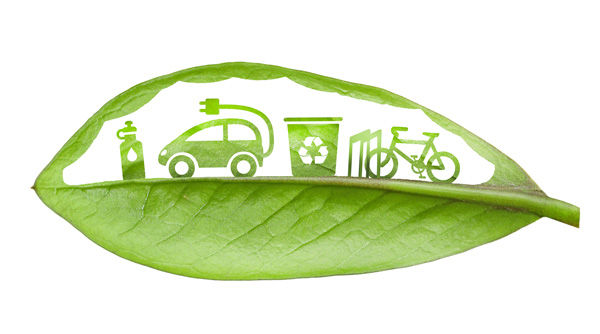Sustainability is a Disruptive Force
- Aug 1, 2018
- 2 min read
Sustainability, conservation and recycling have been driving innovation and changing the world.

Sustainability, conservation and recycling have been driving innovation and changing the world. Buildings are being designed to be sustainable, energy efficient, and operate completely independently. There are “a number of sustainability challenges that society faces, from growing urbanisation, automation and climate change to diminishing access to natural resources. No wonder numerous studies show that consumers (especially those all-important millennials) want more sustainable products, services and experiences,” according to a Disruption Report.
Biodegradable and recycling innovation are important areas, as many man-made products are filling our landfills and oceans. Companies are creating biodegradable batteries, phones, furniture, diapers, beer bottles and edible cutlery. The goals are keeping our oceans clean, animals safe and landfills empty. Sustainability is a disruptive and undeniable force that is changing our lives and the world.
Now is the time to Invent the Future! Look at what’s happening in your market ...
The United Nations displayed a new eco-housing module in July to raise public awareness of limiting overuse of natural resources for sustainable development.
FinalStraw is a reusable straw that can be taken anywhere. It's made of stainless steel and medical grade TPE tubing. The company behind FinalStraw hopes to reduce the number of plastic drinking straws being disposed of each year.
How Narayana Peesapati - The founder of Bakeys Edible Cutlery have taken a step towards clean future. Edible cutlery is biodegradable or edible, nutritious with different flavors.
This biodegradable (and edible) water bottle could replace plastic. It’s made from agar, a jelly like substance obtained from red algae. Traditional plastic water bottles take 500 to 1000 years to disintegrate.
A plastic-eating enzyme created by scientists in Britain and the United States could help in the fight against pollution. The enzyme is able to digest polyethylene terephthalate, or PET, which is used in millions of tonnes of plastic bottles.




Comments